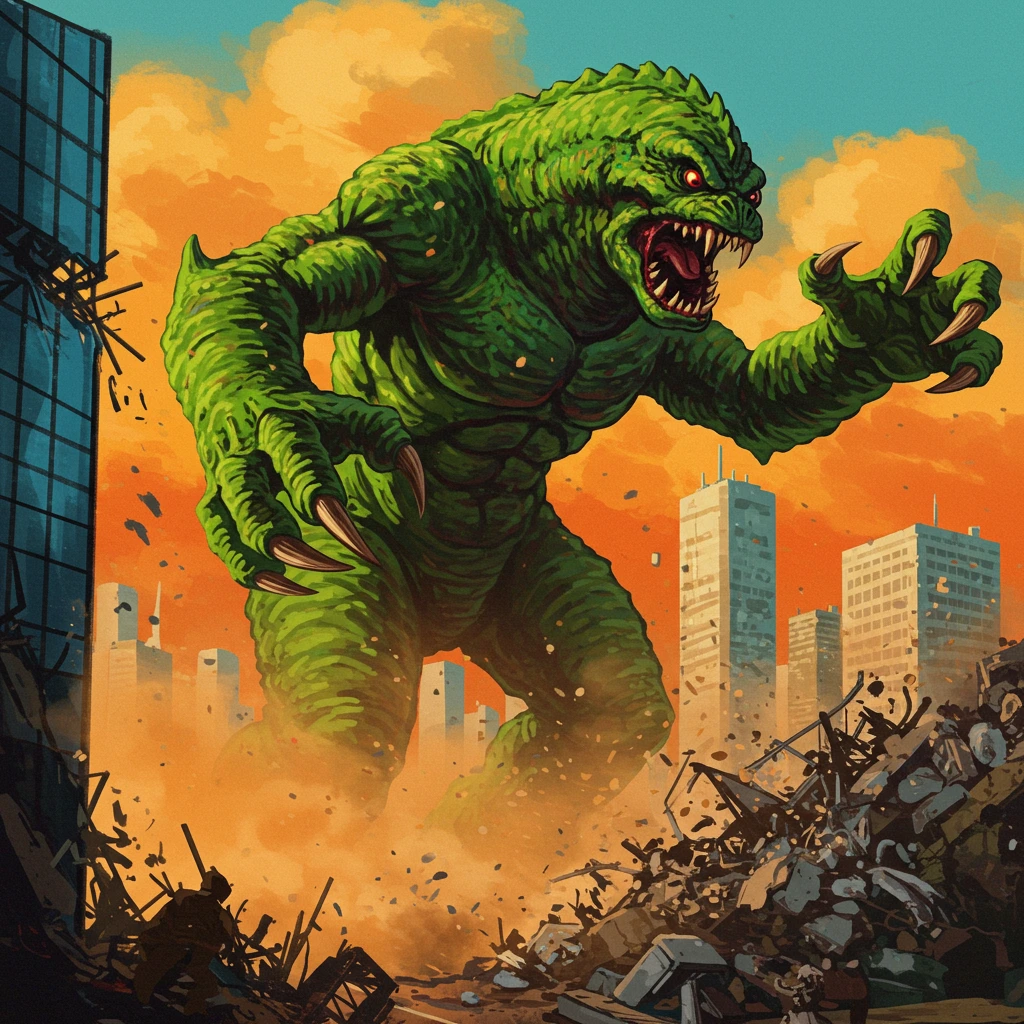Mythology and folklore have always been rich sources of inspiration for video game developers. From Norse gods to Japanese yokai, these ancient stories bring depth, mystery, and cultural flavor to modern interactive narratives. Incorporating myths into games not only enhances world-building but also allows players to engage with timeless themes in new and meaningful ways.
One of the most iconic examples is the God of War series. Initially rooted in Greek mythology, the franchise later explored Norse legends with incredible attention to cultural detail and emotional nuance. Kratos’ interactions with figures like Thor, Freya, and Odin are not just epic — they’re also deeply human, blending ancient lore with modern storytelling.
Similarly, Okami is a game that draws heavily from Japanese Shinto mythology. Players control the sun goddess Amaterasu in the form of a wolf, using calligraphy-inspired powers to restore balance to the world. Its visual style and narrative are a celebration of Japan’s spiritual heritage.
Indie titles like Never Alone and Mulaka explore indigenous folklore from Alaska and Mexico, respectively. These games educate players while preserving lesser-known stories and traditions, highlighting the power of games as cultural tools.
Mythology offers universal archetypes — the hero’s journey, the struggle between order and chaos, gods and mortals — that resonate across cultures. When integrated thoughtfully, these elements create worlds that feel timeless yet fresh.
As global audiences demand more diversity and authenticity, mythology will likely remain a key ingredient in compelling, culturally rich game design.

Leave a Reply